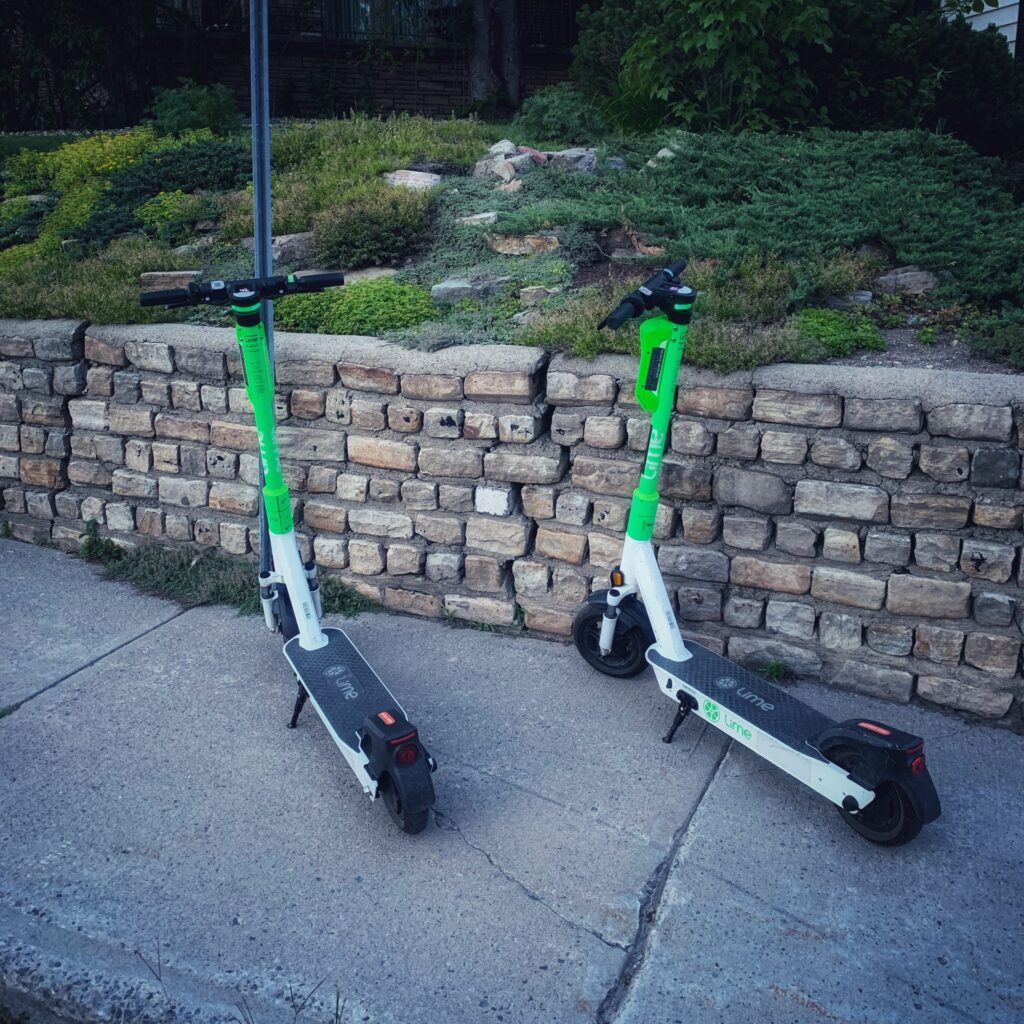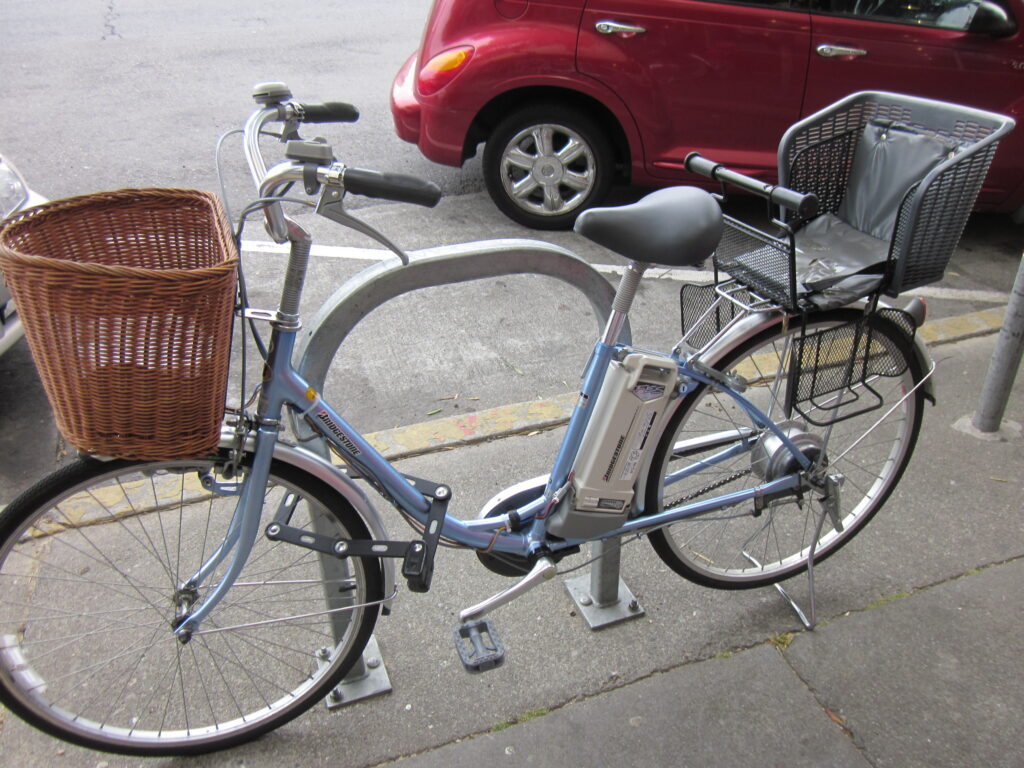When I visited Japan in 2018/2019 one of the interesting aspects of the culture that I saw, was their use of the bicycle. People in Japan use bikes like people in Canada use cars, it’s less for recreational use and more for running essential errands (groceries and local travel). Recently, I’ve noticed a new initiative rolled out in Ottawa, the eScooter. Seeing these rentable e-scooters on every street and every corner of the city got me thinking and asking my partner, do you think the rentable e-scooter industry has done so in one of the most bicycle-friendly countries in the world, Japan? 2021 is the second year of an electric scooter pilot program in the city of Ottawa. It would be interesting to see how the pandemic impacted the rollout of the e-scooter initiative but that isn’t something I’ll be addressing today.

Japan: A bicycle country
After Denmark and the Netherlands, Japan is the third greatest “cycling nation”. In Japan, many neighbourhoods are largely self-contained, people don’t have to travel more than 5-10 minutes to reach supermarkets, kindergartens, schools, doctors, dentists, and most other major amenities. For that reason, the mama-chari bike (“mother’s bike”) is the most common in Japan, unlike urban Canada where I’d wager road bikes, mountain bikes, and hybrid bikes are most common. The mama-chari often features including baskets and child seats, and are common for running errands such as hauling groceries and bringing children around the neighbourhood. If bikes are so prominent in Japan, are eScooters an industry that is also appearing in Japan?

Timing is a funny thing, it was about a week after our conversation that I was looking at The Japan News (a publication my institution has through PressReader) and I saw that a recent spotlight on the first eScooter company in Japan. Titled, Kick-starting a unique way to get around, the article looks at Luup, a company that operates an electrically powered assisted bicycle sharing business, who in April started sharing eScooters.
The eScooter industry in Japan is moving forward due to relaxed traffic regulations. eScooters are called dendo kikkubodo (電動キックボード) which translates to “electric kickboard”. Although I do not live in Japan, I can certainly see the benefit to eScooters in that country.
Reasons I think eScooters will be good in Japan
Low crime rates
Japan is known for its low crime rates. This is one reason that the vending machine industry in Japan is so successful. In Ottawa, you see eScooters tossed aside and laying all over the city. I suspect at some point we might start seeing them vandalized or tossed in some very troubling places. I do not see this happening in Japan.
Strong bicycle infrastructure in the cities
Japan already has a strong bicycle infrastructure and so I could see eScooters fitting right into the bustling cities.
Local commuting
As mentioned earlier, people in Japan don’t have to travel more than 5-10 minutes to local neighbourhood essentials. Daiki Okai, president and CEO of Luup, sees eScooters as suitable mobility for travelling a distance of 1 to 2 kilometres, about a 15-minute walk.
Popular tourist destination
Japan is a huge tourist destination and I could see these eScooters being popular among foreign visitors to Japan. That said, unlike places like Ottawa, eScooters in Japan are classified as special small cars or kogata tokushu jidosha (小型特殊自動車). They will require the registration of your driver’s license to use. As a Canadian, to drive in Japan will require you to get an International Driving Permit (IDP). Although a great option to explore the city, I suspect that this might be one of the largest barriers to foreign tourists using these eScooters on their visits to Japan.
Space
Like most busy cities, there isn’t a lot of space in Japan cities. eScooters take up very little space Okai also addressed the versatility of eScooters in a statement “E-scooters take up less space than bicycles, making it possible to install more of them in a smaller space. This means that e-scooters can be an efficient form of mobility for landowners who want to install them. Especially in Japan, where space is limited, and the cost of real estate demands a high premium, the size of the parking lot is critically important”.

Wrap up
The bike culture in Japan is extremely interesting to me. When I next return to Japan I will seriously be interested to see these eScooters in action. Similarly, I will be interested to see how the eScooter industry unfolds in the country. I will be keeping my eye on eScooters.
If you are planning to visit Japan, or have already visited, would eScooters be something you would consider using?

